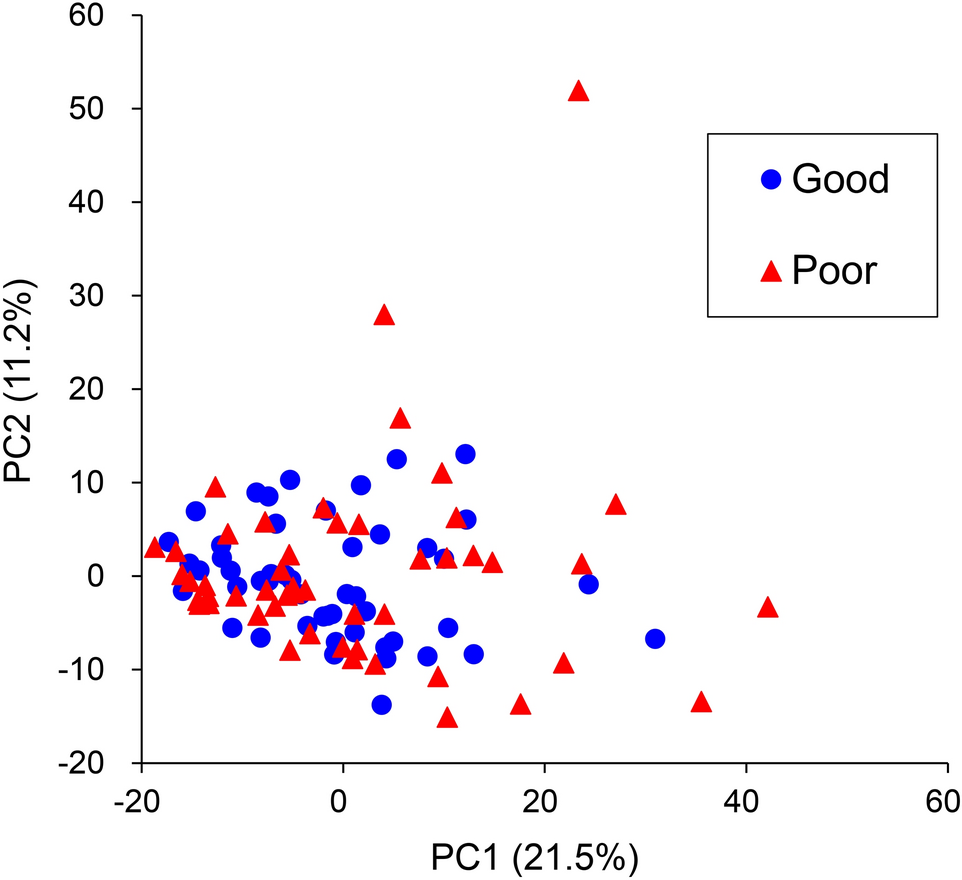2025-04-08 ライス大学
<関連情報>
- https://news.rice.edu/news/2025/cancer-fighting-implant-shows-promise-treating-melanoma-pancreatic-and-colorectal-tumors
- https://jitc.bmj.com/content/13/4/e010685
IL-12産生サイトカインファクトリーが前駆体T細胞を誘導し、原発性および転移性腫瘍を消失させる IL-12-producing cytokine factories induce precursor exhausted T cells and elimination of primary and metastatic tumors
Amanda Nash,Danna Murungi,Bertha Castillo,Boram Kim,Fangheng Hu,Courtney Chambers,Annie Nguyen,Andrea Hernandez,Zeshi Wang,Peter D Rios,Sofia Ghani,Ira Joshi,Douglas Isa,Ningbo Zheng,,Oleg A Igoshin,Jose Oberholzer,Nathan Reticker-Flynn and Omid Veiseh
Journal for ImmunoTherapy of Cancer Published:April 01, 2025
DOI:10.1136/jitc-2024-010685

Abstract
Background Curative responses to immunotherapy require the generation of robust systemic immunity with limited toxicity. Recruitment of T cell populations such as precursor exhausted T cells (Tpex) from lymphoid tissues to tumors is a hallmark of effective treatment. However, the ability to efficiently induce this recruitment is lacking in current immunotherapy approaches. Furthermore, systemic administration of immunotherapies frequently results in dose-limiting toxicities, yielding an inadequate therapeutic window for eliciting durable responses.
Methods In this investigation, we evaluated the safety and antitumor efficacy of locally administered interleukin 12 (IL-12) using a clinically translatable cytokine delivery platform (NCT05538624) to identify Tpex recruitment capabilities at tolerable cytokine doses.
Results We show IL-12 cytokine factories can effectively treat a broad spectrum of cancer types. Single-cell RNA sequencing data suggests that the antitumor efficacy seen in our studies was due to retinal pigmented epithelial cells-mIL12 treatment inducing differentiation of Tpex cells within the tumor microenvironment. When administered in combination with checkpoint therapy, IL-12 cytokine factory treatment generated systemic abscopal immunity, preventing subcutaneous tumor outgrowth in 8/9 mice with colorectal cancer and lung metastasis in mice with melanoma. Furthermore, this platform was well tolerated in a non-human primate without signs of toxicity.
Conclusions Our new immunotherapy approach provides a robust strategy for inducing Tpex recruitment and systemic immunity against a range of solid peritoneal malignancies, many incurable with current immunotherapy strategies. Notably, these features were achieved using IL-12, and by leveraging our technology, we avoided the toxicities that have prevented the translation of IL-12 to the clinic. Our findings provide a strong rationale for the clinical development of IL-12 cytokine factories.


